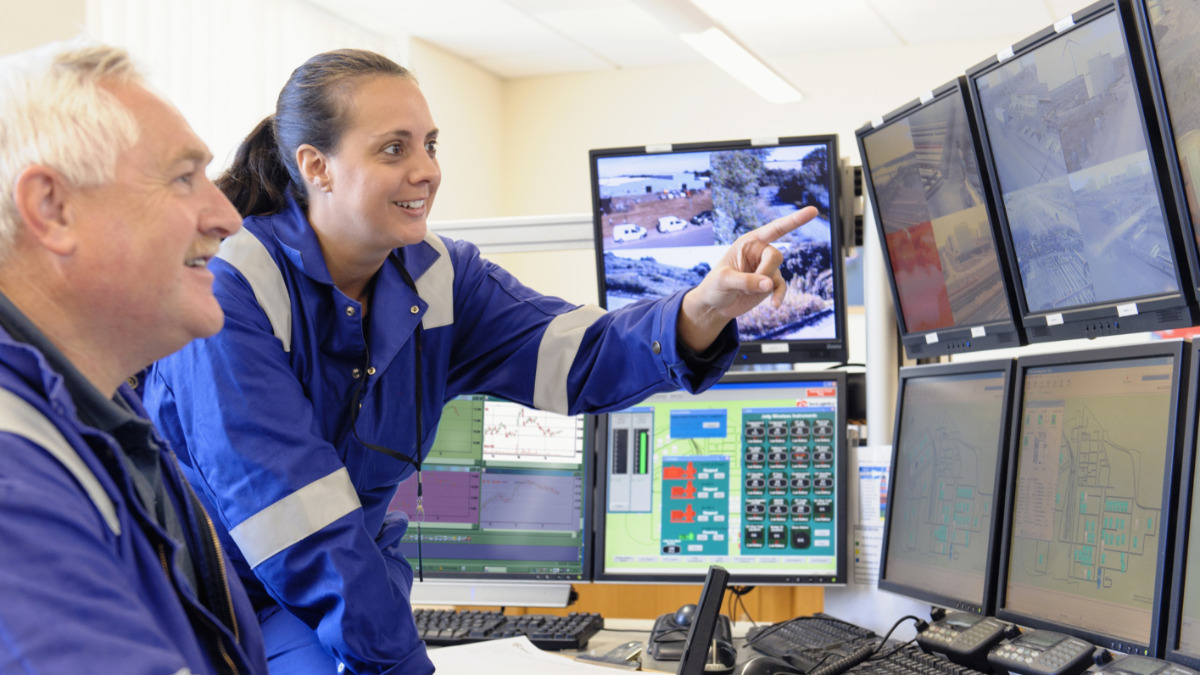Special Report: Australia is in a tech jobs crisis and we need a national response to meet the challenge, according to the Australian Computer Society.
That stark assessment of the future of tech jobs in Australia is based on the 2023 ACS annual Digital Pulse report, prepared by Deloitte Access Economics, which was released last week.
The main takeaway from that report is actually pretty alarming: 11.2 million Australian workers need to level up their skills to keep up with the pace of Artificial Intelligence and other emerging technologies.
ChatGPT’s arrival showed how AI is going to affect almost every job: electricians, sales reps, accountants, through to shop staff will see their work change. According to the report, being able to competently deploy and utilise AI technology in these fields will be critical to remaining competitive.
It might seem like it’s a far-off threat to the workforce, but that’s arguably because of the likelihood that we are only just starting to see the very beginnings of what AI is capable of.
The novelty hasn’t worn off
Last month, music fans around the world rejoiced at a new Beatles song being released decades after the death of John Lennon – all thanks to the power of AI.
But what that means for the music industry and how that will change the way we view music is just far too complicated to predict – and this is true of almost every sector of the Australian workforce.
In the face of this uncertainty, Australia needs to put its workforce in a position to be able to effectively ride the wave of incoming disruption, the ACS argues, in the face of predictions in the Digital Pulse report that suggest Australia needs 1.3 million more people with the right skills mix by 2030.
It’s not all terrible news, however, and despite the uncertainty of just how much AI is going to affect the size and composition of the broader Australian workforce, ACS predicts that over the rest of this decade we will see whole new categories of workers.
New, forward-thinking roles for workers such as AI ethicists, virtual world professionals, and quantum data analysts – fresh jobs that blend classic technology skills like knowledge of coding with professional ‘soft’ skills.
Additionally, the demand for workers with the right skills will likely intensify exponentially, as Australian business investment in tech is expected to skyrocket from $171 billion in 2023 to $259 billion by 2030.
So, clearly, something needs to be done.
ACS Calls for National Digital Skills Strategy:
With accelerating change, the ‘shelf life’ of skills in tech and other business areas is going to rapidly decrease, which means that there needs to be a fundamental shift towards lifelong learning based on upskilling and reskilling.
Weaving professional development and learning into each new role will need to become the new normal for the Australian workforce.
Currently, we know the broader workforce is not likely to reskill, based on the latest data from the ABS that suggests fewer than one-quarter of Australians undertook either formal or informal study for work or career purposes in the past 12 months.
That is largely due to the way that the nation’s education system is designed with a focus on producing people ready for certain roles with limited reskilling or upskilling, resulting in high numbers of workers with outdated skills.
Instead, we need to first and foremost identify and build in-demand skills based on the critical technologies shaping businesses and industries.
ACS, the peak body representing over 47,000 technology professionals in Australia, recognises the scale of this challenge is too big for any individual actor to navigate alone.
Which is why ACS Chief Executive Chris Vein is calling on the Federal Government to create a National Digital Skills Strategy; a new vision for education and training that includes the creation of a “skills-first” initiative, alongside a national skills platform to help match workers to employers, and enhanced support for tech-oriented career transitions.
“This year’s Digital Pulse is a call to action, alongside a practical roadmap to build the nationwide tech skills we need,” Vein says.
“ACS is calling for a coalition across industry, education, and government to start shaping how our society will respond to the skills challenge presented by this exciting era.”
“The stakes are high for Australia,” Mr Vein concluded. “If the nation can get this right, we could be leading the world and guaranteeing our prosperity into the future. If we don’t seize the opportunity, we could well be left behind by the middle of the century.”
This article was developed in collaboration with Australian Computer Society, a Stockhead advertiser at the time of publishing.
This article does not constitute financial product advice. You should consider obtaining independent advice before making any financial decisions.
The post Why Australia needs to move now to get ahead of a fresh AI-driven skills crisis appeared first on Stockhead.























+ There are no comments
Add yours